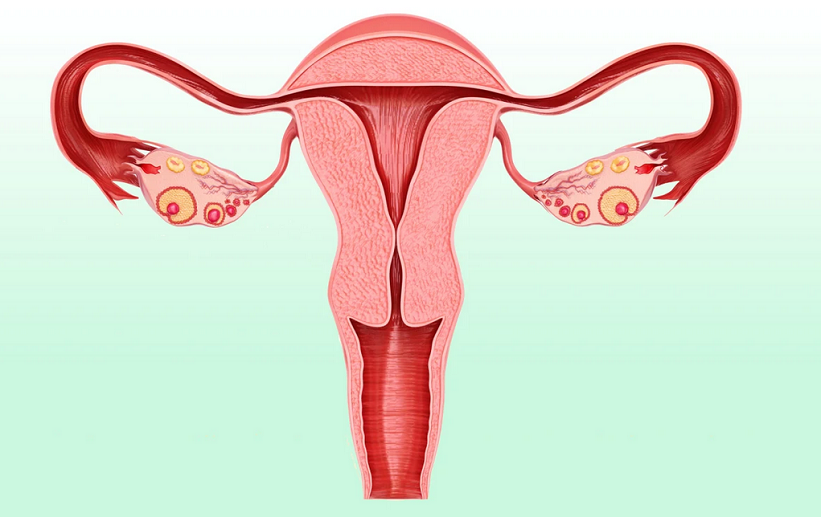
Understanding the Signs of Infection After Tubal Ligation
Tubal ligation, also known as female sterilization, is a common surgical procedure used for permanent contraception. While it is generally considered safe, like any surgery, there are risks involved, including the potential for infection. Recognizing the signs of infection after tubal ligation is crucial for prompt medical attention and treatment. In this guide, brought to you by SCI IVF Hospital, we will delve into the signs of infection to watch out for after tubal ligation.
- Understanding Tubal Ligation: Before delving into signs of infection, let’s briefly understand what tubal ligation entails. It is a surgical procedure where a woman’s fallopian tubes are either cut, sealed, or blocked to prevent eggs from reaching the uterus for fertilization. This procedure is highly effective in preventing pregnancy and is considered permanent birth control.
- Potential Risks: While tubal ligation is generally safe, as with any surgical procedure, there are risks involved. One of the primary risks is infection. Infection can occur at the incision site or within the abdominal cavity.
- Signs of Infection After Tubal Ligation: a. Fever: One of the most common signs of infection is a fever. A low-grade fever or a fever above 100.4°F (38°C) may indicate an infection. b. Redness, Swelling, or Warmth: Pay attention to the incision site. If you notice increasing redness, swelling, or warmth around the incision, it could be a sign of infection. c. Increased Pain: While some discomfort is normal after surgery, if you experience increasing or severe pain around the incision site or in your abdomen, it could indicate an infection. d. Foul Odor or Discharge: If you notice a foul odor or unusual discharge coming from the incision site, it is essential to seek medical attention as it may indicate an infection. e. Nausea or Vomiting: In some cases, an infection may cause nausea or vomiting. If you experience these symptoms along with other signs mentioned, it is crucial to consult your healthcare provider. f. Difficulty Urinating: Difficulty or pain while urinating could indicate a urinary tract infection, which may occur because of the surgery. g. Fatigue or Weakness: Feeling excessively tired or weak without any other apparent cause may be a sign that your body is fighting off an infection.
- When to Seek Medical Attention: If you experience any of the signs mentioned above or if you have concerns about your recovery after tubal ligation, do not hesitate to contact your healthcare provider or visit SCI IVF Hospital. Prompt treatment of infections is essential to prevent complications.
- Prevention: While infections after tubal ligation can occur, there are steps you can take to reduce the risk:
- Follow your healthcare provider’s post-operative instructions carefully.
- Keep the incision site clean and dry.
- Avoid strenuous activities and lifting heavy objects as advised by your doctor.
- Attend follow-up appointments as scheduled to monitor your recovery.
Conclusion: Tubal ligation is a safe and effective method of permanent birth control for many women. However, like any surgical procedure, it carries some risks, including the potential for infection. By understanding the signs of infection and taking preventive measures, you can ensure a smooth recovery. Remember, if you experience any concerning symptoms after tubal ligation, do not hesitate to reach out to SCI IVF Hospital for expert care and guidance.
